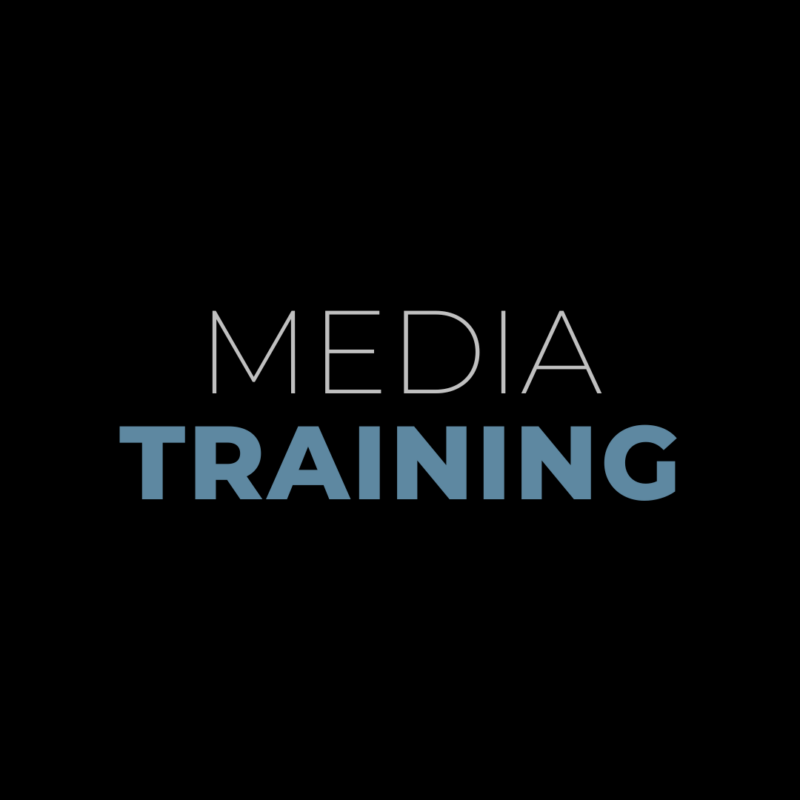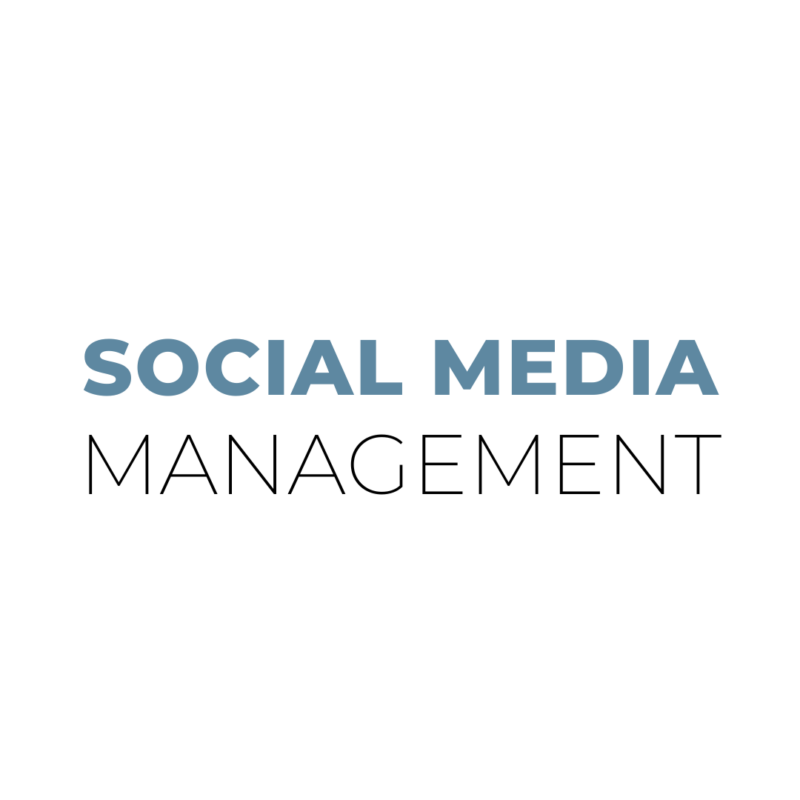4 tips for developing professionally in your 20s
As a recent graduate from The University of Tennessee, I feel like it was just yesterday I was living the carefree college life. I didn’t have much of a transition from student to employee because I started working three days after graduation. Therefore, I quickly learned that life as an employee is quite different from life as a college student. If you’re a graduate entering the workforce, these pieces of advice might help you ease your transition.
You represent the company you’re working for now.
That’s right! Your behavior doesn’t just affect you anymore. Every tweet, Facebook post, Instagram photo and word that comes out of your mouth reflects not only you but also your employer. In college, it wasn’t required for you to think much before you posted, said or did something. But, in your career, certain standards must be met. Whether in a client meeting or while spending time with friends, you must respect the expectations your employer places on you. It’s not hard; it just might take a little getting used to after four years of being a student.
Throw out those bad college habits
We all have them. Sleeping through a class; staying up too late; and procrastinating are all habits that must disappear once you enter the workforce. You can’t skip a day of work because you’re too tired. You have to show up to work every day ready to tackle your to-do list, and you can’t wait until the last minute to effectively finish an assignment. I suggest establishing a daily routine to help you create balance, and focus on the positive and healthy aspects of your life. I have found this balance by forcing myself to exercise every day after work before settling in for the night. I encourage you to find a routine that works for you!
You can’t just focus on yourself anymore.
In college, you’re working to better yourself. However, at work, you’re working to better your company or your client. It’s important to shift that mindset once you’re on the job. If you have to work a little late or come in a little early to finish a project for your client, then that’s something you have to accept. In college, it is so easy to give an assignment half of your effort – or even not do it at all – if it meant you were still going to pass the class (we all must admit we have used a grade calculator at least once). I was told on my first day at Obsidian that no one on our team submits an assignment until she knows she gave it her best effort. I’ve carried that with me throughout my time here, and I’ve realized the importance of completely dedicating yourself to your work.
Gaining experience is key.
It feels like entry-level employees are now expected to fully dive into their work and responsibilities from day one. This might seem daunting, but employers do this to help you gain the valuable experience you need to succeed. Employers know you need a little guidance and feedback in order to learn. They won’t expect you to do everything perfectly at first (even though you should try your best to do so). Your employer wants you to ask for help because that is the only way you will grow. Take advantage of every opportunity that comes your way, even if it’s a little scary. Don’t be afraid to take on a project you don’t have much experience in. It might be tough at first, but accepting corrections and applying those corrections to future projects is the key to developing as an employee.



